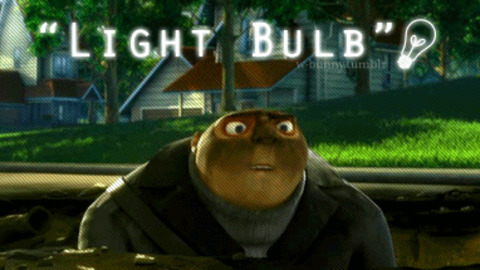Sometimes a new perspective can make all the difference. I’ve been editing my latest manuscript for the past year and a half, and in that time it has made great strides. It got accepted into the Author Mentor Match (AMM*), has been through one re-write, small picture edits, and I’ve even queried a few agents. I thought I was in the final stretch. However, the feedback I’ve gotten from more than one agent has been a biggie: they’re not connecting with the voice.
At first I wasn’t too concerned. One agent that isn’t connecting with the voice could be an objective criticism, as many things are. But when another person took the time to say THE EXACT SAME THING I knew there was something more I could be doing. It’s true the book is in good shape and well written, but something about it is not quite working.
I talked about it with my AMM mentor, and she gave me a simple piece of advice: try writing it in first person. So I rewrote the first page, and low and behold, the voice is there. I could feel it as I was writing, and she confirmed that the voice is strong and, in her words, popping. Some other people who saw the original draft also read the rewritten first chapter and agreed that first person draft was drawing them in more than third person draft.
This is good and “bad” news all at once. A new perspective, a first person perspective, will completely change this book. Likely for the better, but it’s not as simple as replacing “she said” with “I say.” The thought of re-writing this book is exhausting, but I also know it’s for the best. If rewriting the book will help the story then it’s clearly the way to go–even if it means more work for me!
Being a writer means not being afraid to make big changes. Listening to constructive feedback and trying new things is not always easy. We fall in love with our characters and scenes, so the thought of rewriting a book or slashing a chapter can be a painful thought. This does not mean you have to take every critique or comment to heart, of course. It’s your story, so ultimately you get to decide what you want to do. BUT, if you allow yourself to be open and try something new, it’s worth a try to see if it makes your story stand out.
*AMM: A program for un-agented MG and YA aspiring authors to work one-on-one long term with an agented author in their genre. Read more HERE

